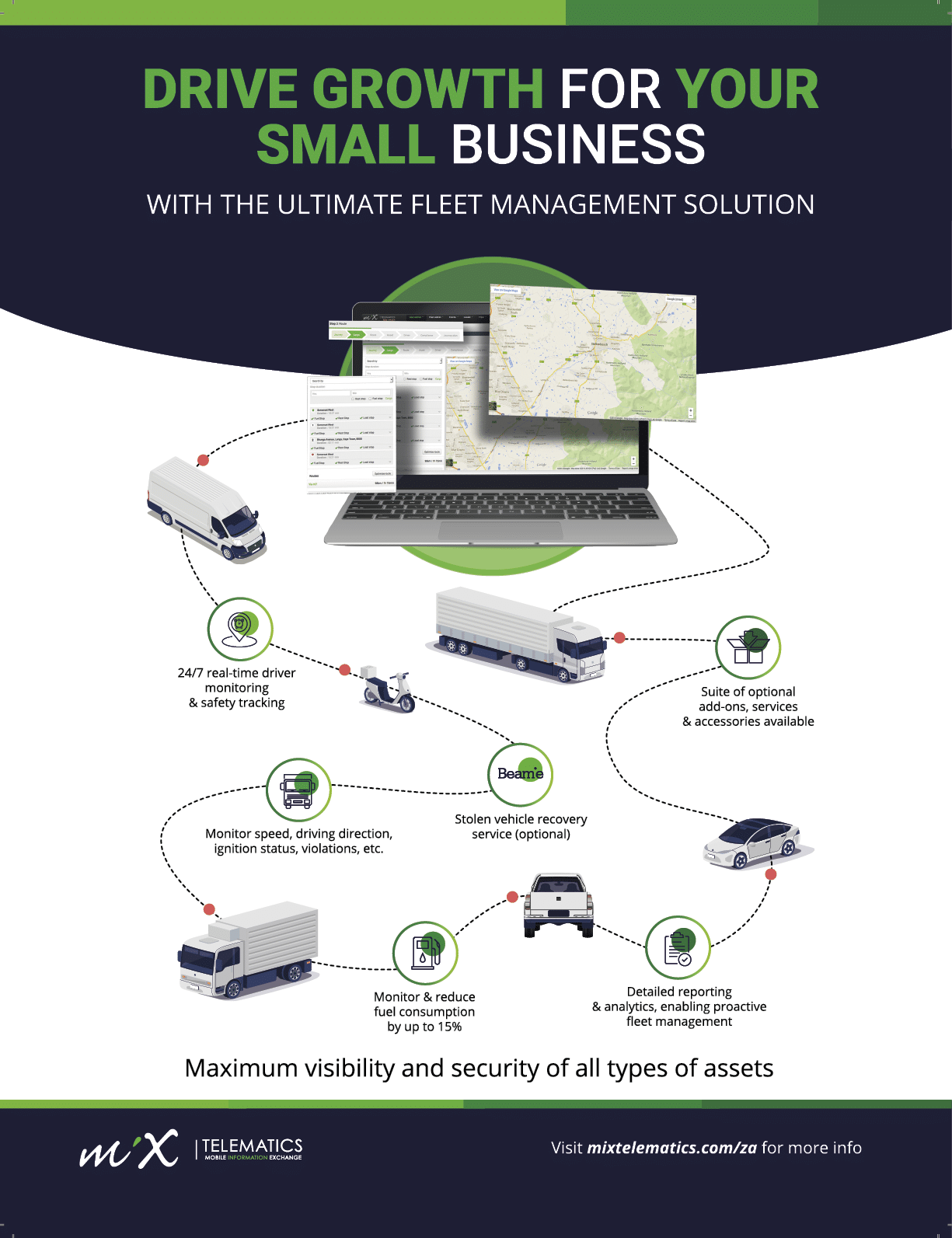Tackling logistics sector
challenges in South Africa
South Africa’s freight and logistics sector faces multiple challenges, many of them a result of macroeconomic factors that industry players have little to no control over.
Yet the industry is also poised for significant growth thanks to the boom in online shopping. To leverage this opportunity, it is essential to focus on improving efficiency and reducing costs. Skilled labour is a crucial component in both areas, which makes a Temporary Employment Services (TES) provider an invaluable ally in overcoming obstacles and gearing for growth.
The increasing costs of fuel, tolls, and port fees are straining freight and logistics enterprises, inflating costs which are then passed on to customers. In addition, challenges with road and rail infrastructure contribute to delays and congestion, which can impact the timeliness of deliveries. Compounding these issues is a lack of skilled labour, which can contribute to inefficiencies due to staff shortages, security risks along key transport routes, and complex compliance regulations that add another layer of complexity and cost to operations.
To mitigate these challenges, freight and logistics businesses must seek ways to enhance efficiency, reduce costs, and manage risks. This will also position enterprises to leverage the growth opportunities presented by the meteoric rise in e-commerce, which has led to a dramatic increase in the need for transport and warehousing of goods.
The potential for growth here is significant: according to the South Africa Freight and Logistics Market Analysis, the size of the South Africa freight and logistics market is estimated at 21.53 billion USD in 2023. It is expected to reach 30.56 billion USD by 2029, growing at a compound annual growth rate (CAGR) of 6.01% during the forecast period.
Not a skills shortage, but a lack of alignment
The reality is that there are many skilled employees with freight and logistics experience, but they struggle to access employers. Aligning with a TES provider can help to match employers with skilled and experienced employees, who are ready to start working. In addition, a reputable TES provider can provide skilled and experienced employees without having to consider foreign nationals, which meets local procurement requirements and helps to decrease tensions.
They have a deep understanding of clients and their work environments, so they can prioritise the right cultural fit for a candidate placement. From an employee perspective, equal treatment, and fair practices are prioritised through legal and compliant recruitment processes. Reputable agencies do not charge candidates for job placements.
The temporary employment model enables a TES provider to offload non-core functions from a business’s internal resources, allowing them to focus purely on their core functions. The benefit of this alone frees up business resources to concentrate on more important issues, such as growth stability and future work planning.

















































































































































































































































































































































